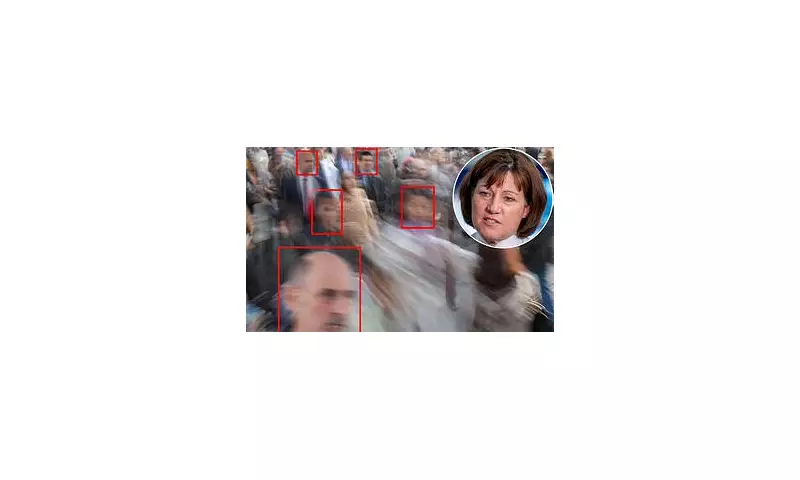
A significant confrontation over privacy and state surveillance is intensifying across the United Kingdom. Police forces are facing mounting pressure from human rights organisations and politicians to immediately halt the use of live facial recognition (LFR) technology.
The controversial systems, which scan crowds in real-time to check faces against police watchlists, are being labelled as 'Orwellian' and a direct threat to democratic freedoms. The row centres on the fear that Britain is silently sliding into a perpetual surveillance state without public consent or proper legal footing.
The Core of the Controversy
Campaign groups, led by Big Brother Watch, are at the forefront of this battle. They argue that LFR constitutes one of the most severe and intrusive threats to personal liberty ever developed. The technology's ability to track and identify anyone, anywhere, in real-time is seen as a fundamental crossing of a ethical line.
There is a profound lack of a specific legal framework that explicitly authorises and regulates the use of such powerful surveillance tools by police. This legal grey area creates a significant risk of misuse and sets a dangerous precedent for future government monitoring of the populace.
A Chilling Effect on Public Life
Critics warn that the knowledge of being constantly watched could have a chilling effect on British society. The freedom to attend protests, political rallies, or simply go about one's daily business without being logged and identified by the state is a cornerstone of a free society, which they believe is now under threat.
The accuracy of the technology also remains a serious concern. Studies and real-world deployments have shown a higher rate of false positives, particularly for women and people of colour, raising alarming prospects of wrongful stops and arrests.
The Police Defence
Law enforcement agencies maintain that LFR is a vital 21st-century tool for public safety. They contend it is crucial for identifying dangerous criminals, locating missing persons, and preventing serious crime in crowded spaces. Police forces using the technology insist they operate with transparency and have strict controls to protect privacy.
However, these assurances are doing little to quell the anger from civil liberty advocates and concerned MPs who are demanding an urgent parliamentary debate and a moratorium on the technology until proper legislation is enacted.





